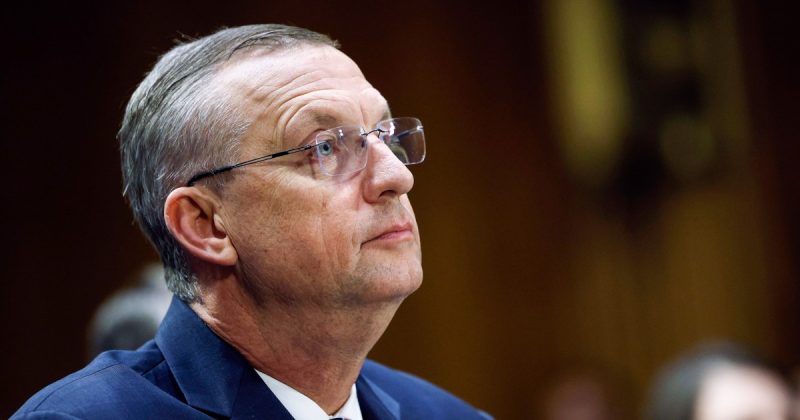
The head of the U.S. Department of Veterans Affairs, Doug Collins, recently found himself in a heated exchange with the Senate Committee on Veterans’ Affairs, defending the agency’s controversial decision to slash thousands of jobs. This marks Collins’ first testimony before Congress since assuming his role in February.
Collins asserted that the goal is to further reduce the VA’s workforce by an additional 15%, amounting to approximately 70,500 positions. He argued that increasing employee numbers doesn’t automatically translate to better outcomes, and that streamlining the agency is crucial for efficiency. The VA has already laid off over 2,400 employees and terminated 585 contracts earlier this year.
While Collins assured the committee that front-line healthcare workers would be retained, he confirmed that non-essential roles, including those in diversity, equity, and inclusion (DEI) and interior design, would be phased out. He claimed that eliminating DEI initiatives alone saved $14 million, funds he stated were redirected towards veterans needing prosthetic care.
However, this explanation didn’t sit well with several senators. Senator Richard Blumenthal, a Democrat from Connecticut, sharply criticized Collins for the lack of response to numerous information requests and inquiries from the committee. He voiced strong concerns about the potential negative consequences of such drastic cuts to an agency serving millions of veterans, warning of an impending “disaster.”
Collins countered by highlighting the VA’s substantial annual spending on veteran suicide research ($588 million) without seeing a significant decrease in suicide rates since 2008. He also criticized the VA’s human resources department for its slow response in providing a comprehensive employee list and noted instances of VA doctors and nurses not seeing patients. Despite the criticisms, Collins maintained that these changes are necessary for long-overdue VA reform, emphasizing that benefits and healthcare services would not be negatively affected.
The exchange underscored the significant controversy surrounding the VA’s job cuts. While the secretary maintains the changes are necessary for improved efficiency and resource allocation, critics express serious concerns about the potential impact on veteran care and the overall effectiveness of the agency. The debate highlights the complexities of balancing budget constraints with the vital need to provide quality care and support to the nation’s veterans. The situation remains under intense scrutiny as the implications of these drastic measures unfold.










